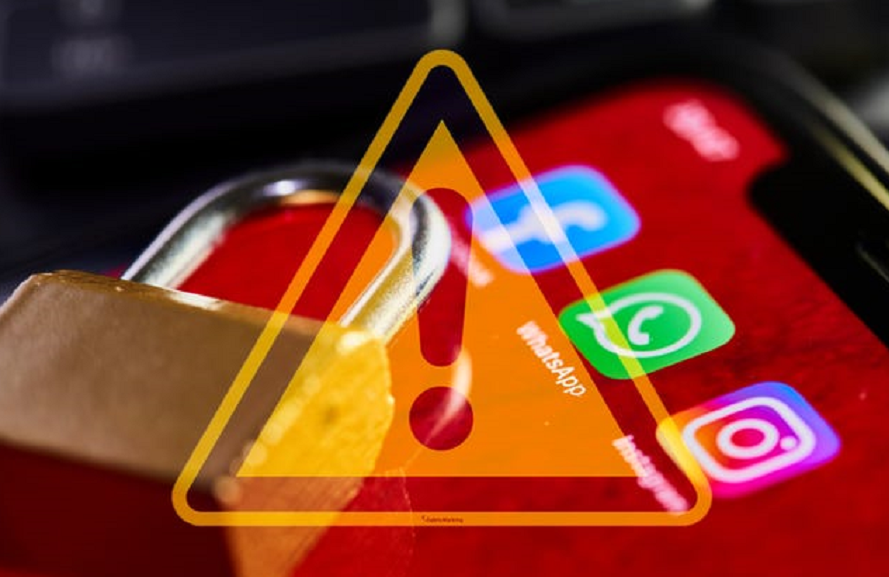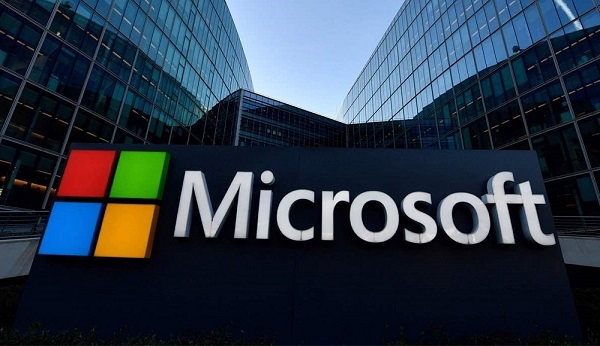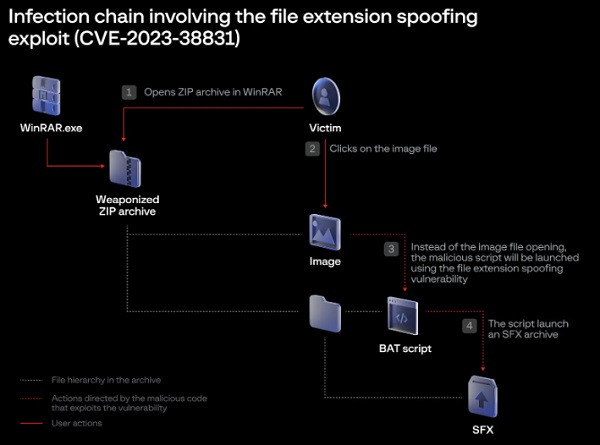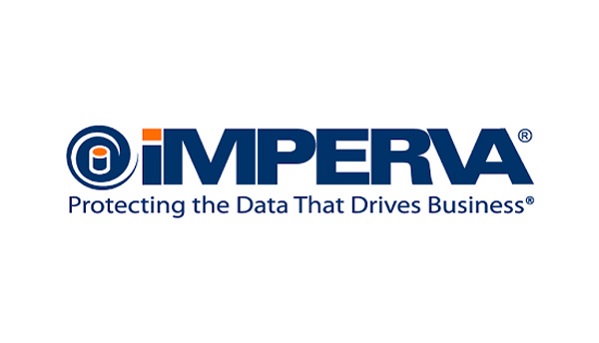Social Media and its Hidden Cyber Threats
Social media has become a vital part of our everyday lives, allowing us to connect with friends and family, share our experiences, and keep informed about the world around us. However, the rise of social media has brought with it hidden threats that jeopardise our privacy and online security. From data breaches to cyberbullying, the legal ramifications of social media use are becoming increasingly complex. Some of the legal risks of social networking are highlighted below:
Privacy Issues:
Privacy concerns are one of the most serious hidden threats of social networking. We essentially give away our personal data when we share information on social media networks. This information could include our name, age, location, hobbies, and other sensitive information. Unfortunately, social media businesses frequently exploit this information for their own goals, such as targeted advertising and data mining. Hackers can also acquire access to this information and utilise it for malicious purposes.
Many countries have enacted data protection legislation to address these privacy concerns. The General Data Protection Regulation (GDPR) in the European Union provides individuals more control over their personal data and requires firms to seek explicit authorization before collecting and using this data. Similarly, the California Consumer Privacy Act (CCPA) in the United States allows California consumers the right to know what personal information companies gather about them and to request that this information be erased.

Cyberbullying:
Cyberbullying is another hidden threat of social media. The use of digital communication to harass or frighten another person is known as cyberbullying. Unfortunately, cyberbullies can now target their victims anonymously and from a distance thanks to social media. Cyberbullying can have profound emotional and psychological implications for victims, even leading to suicide in certain situations.
See more: Vm2 JavaScript Library Flaw Can Lead to Remote Code Execution
Many countries have passed laws making cyberbullying a criminal offence in order to combat it. Cyberbullying, for example, can be prosecuted in the United Kingdom under the Malicious Communications Act or the Communications Act. Many states in the United States have passed anti-cyberbullying legislation, and some have even criminalised the conduct.
Social media has transformed the way we interact and connect with others, but it has also introduced new risks to our privacy and online security. From data breaches to cyberbullying, the legal ramifications of social media use are becoming increasingly complex.
See more: India’s Healthcare System in need of a Robust Cybersecurity Infrastructure
To protect yourself, it is critical to be aware of these hazards and to take precautions to preserve your personal information. This can involve choosing secure passwords, enabling two-factor authentication, and being cautious about what you disclose online. By following these procedures, users can get the benefits of social networking while minimising the risks.
Author: Priyanka Priyadarshini Behera
We hope you found article interesting. For more exclusive content follow us on Facebook, Twitter and LinkedIn






